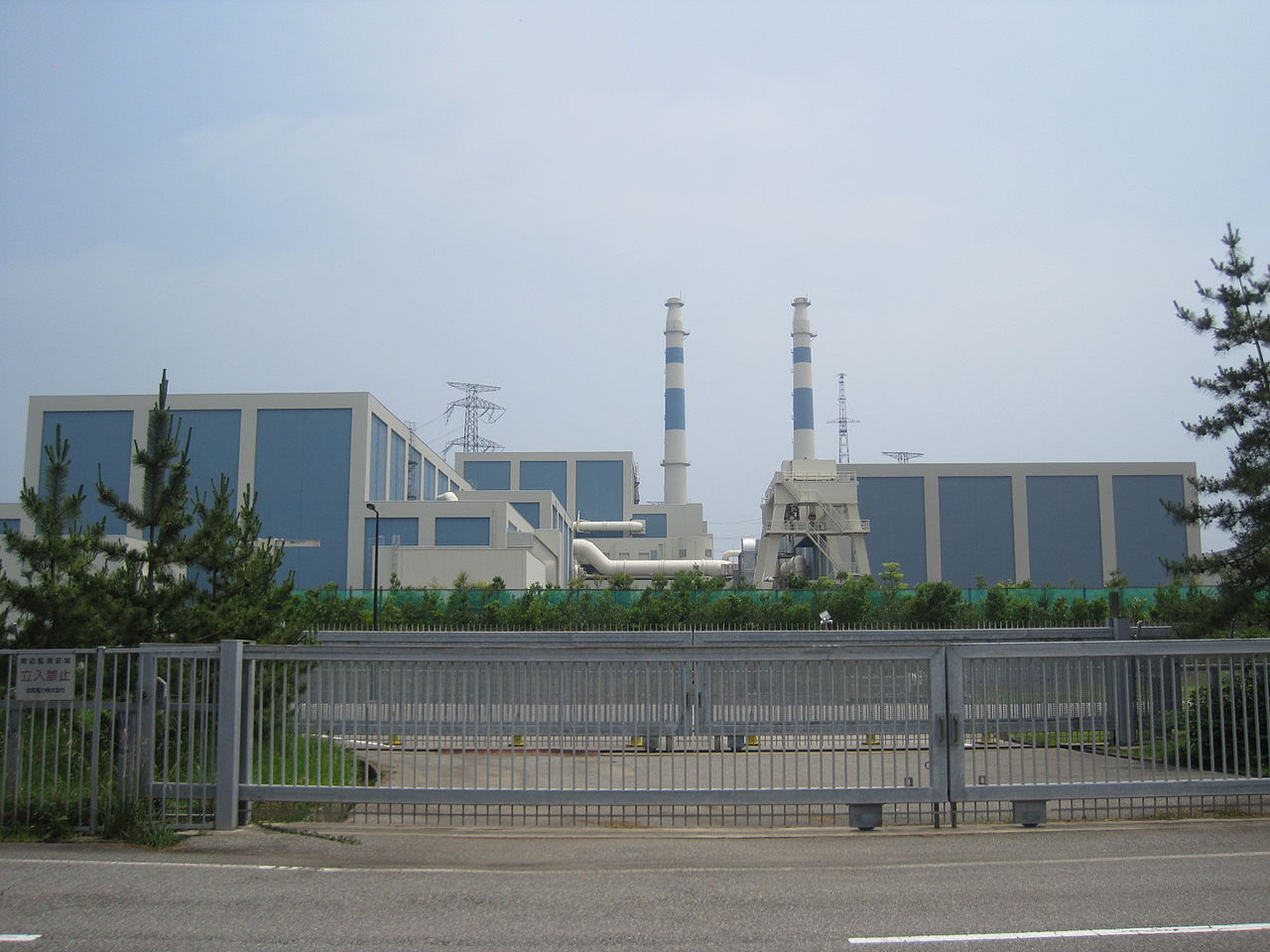I recently posted an article about the U.K. Office of Nuclear Regulation (ONR) demanding more information about how GE-Hitachi was calculating the amount of radioactive materials that might be released in an accident from the Advanced Boiling Water Reactor (ABWR) they are going to build in England. Now the ONR has found another problem with the risk assessment documentation being provided by GE-Hitachi for the proposed (ABWR).
Yesterday, the ONR published a new Regulatory Issue with respect to GE-Hitachi. The new Issue states that ONR considers a "suitable and sufficient" probabilistic safety analysis (PSA) to be an integral aspect of the U.K. ABWR's safety analysis within the generic design assessment (GDA) required for the use of the reactor in the U.K.
"Overall, the UK ABWR PSA information received so far does not provide ONR with confidence that Hitachi-GE, without further work and changes, will be able to deliver a modern standards full-scope PSA for the UK ABWR, which is suitable and sufficient for ONR to carry out a meaningful assessment within the project timescales," ONR said. "This is considered a serious regulatory shortfall which ONR, in line with our Guidance to Requesting Parties, is now escalating to a Regulatory Issue."
The ONR informed GE-Hitachi that the PSA needed work following its review of Step 3 for the GSA between February and May of this year. The results of reviews are shared in Regulatory Observations (ROs), Regulatory Queries (RQs) and other regulatory documents dealing with feedback. The ROs that ONR emphasized concerened the identification and prioritization of hazards for the PSA, the identification of events that could trigger incidents when the reactor was powered up, the analysis of the performance of containment and other system analyses. The two RQs that were mentioned dealt with accident sequence analyses and success criteria and PSA quantification, identification of assumptions, uncertainty and sensitivity analyses, interpretation of results and the use of the PSA. The feedback issues were concerned with GE-Hitachi's allocation of PSA resources.
The ONR said that these ROs, RQs and feedback documents show that the arguments provided by GE-Hitachi in December to support their PSA safety claims "do not meet the relevant expectations in ONR's PSA technical assessment."
GE-Hitachi response to ONR was also publish yesterday by ONR. GE-Hitachi admitted that the PSA documentation that it submitted did not meet the U.K. regulatory expectation. GE-Hitachi went on to say that it must "develop a revised approach in line with UK good practice, in order to build the UK regulator's confidence in our ability to deliver a suitable and sufficient full-scope, modern standards PSA by June 2016."
GE-Hitachi claimed that it had used a "rigorous" design process in developing the Japanese ABWR that is was using as a reference reactor for the propose U.K. reactor. The company expressed confidence that "it will demonstrate that the proposed UK ABWR generic design is safe and will meet UK environmental and safety standards." GE-Hitachi also said "In view of the challenges we have faced in meeting the UK regulator's expectations, Hitachi-GE has enhanced its PSA team, including securing the support of internationally recognized PSA experts to ensure that our PSA submissions meet UK regulatory expectations."
GE-Hitachi told ONR that it will "provide a project plan; sufficient suitably qualified and experienced PSA resources; a quality assurance plan; and PSA model and technical documentation, in order to provide confidence that we can prepare a suitable and sufficient design assessment stage PSA in GDA".
The question that I have is why GE-Hitachi failed to provide proper documentation for a major nuclear reactor project in the first place. They must have been aware of the requirements. Why are they bringing in the necessary expertise to fulfill the requirements only after they were called out by the ONR for failing to do it properly in the first place. Was it a matter of incompetence. Did they think they could get away with doing a inadequate job? Were they trying to save money? If the answer to any of these questions is "yes," that does not inspire confidence.
Shika nuclear power plant in Japan, site of the "reference" ABWR:
